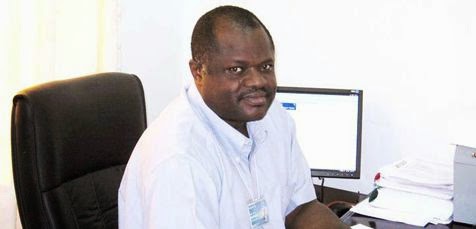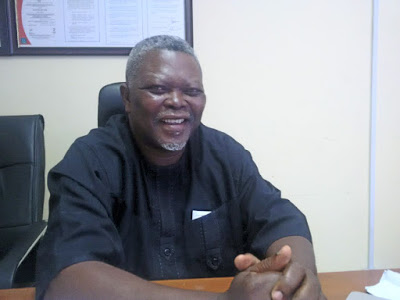Again, Captain Ade Olopoenia, a former President of the Nigerian Association of Master Mariners (NAMM) and Director of Safety at the Nigerian Maritime Administration and Safety Agency (NIMASA), has reiterated the need for a national transport policy.
Olopoenia has in the last five years continued to highlight the importance and need for Nigeria to establish a national transport policy to better focus activities of the sector in the right direction for achievable development goals.
In an interview during the inauguration of new executives to run the affairs of the Association of Marine Engineers and Surveyors (AMES), Capt. Olopoenia said a transport policy remains critical to shipping development in Nigeria.
He called attention to the fact that a transport policy is what would give backing to workable strategy for developing the sector, a key document that the International Maritime Organisation (IMO) must ask to see during audits.
He said: “I want to reiterate the need for the national transport policy. You see, when IMO visits countries and they want to do needs’ assessment or they want to do an audit, one of the things they would ask when they go to the Ministry of Transport or NIMASA is “where is your policy on maritime safety administration?”
“It is from the policy that you will come out with strategy and then implementation. So, if there is no policy, you cannot have a strategy, because there is nothing to guide and you won’t be able to implement anything.”
Olopoenis added that “With what they are having at the moment, the only saving grace for us is that in IMO instrument, there is some guidance on how to go about things. But it is good for the country to have their own policy to guide the instrumentation of activities, not only on IMO matter, but even on port development, like inland waterways for instance.
“This is a big issue in Nigeria, the inland waterways should be highly developed, but there is no real policy on how to harness the potential of the inland waterways.”
He bemoaned how people just simply work with their own ideas, not policy-backed, therefore giving room for lack of continuity in several industry programmes.


































































